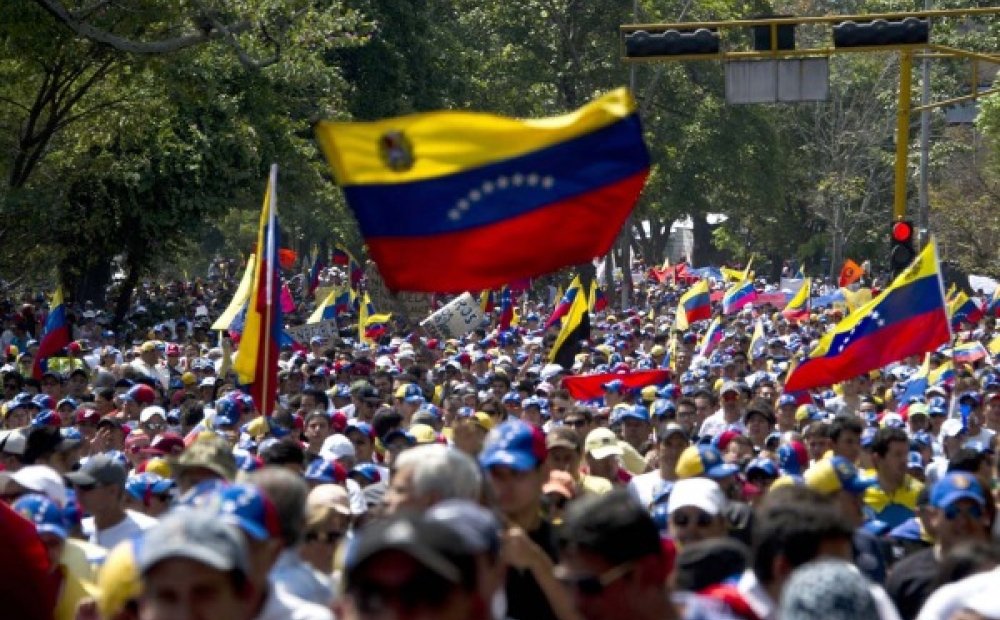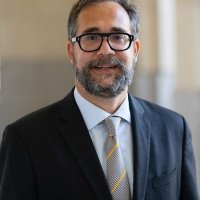Venezuela’s Deepening Crisis: What Way Out?

For seven weeks, hundreds of thousands of Venezuelans have taken to the streets to protest the mounting authoritarianism of the government of President Nicolás Maduro. A harsh government crackdown has left over 40 dead, thousands wounded, and thousands more arrested. The protests have been abetted by acute shortages of food, medicine, and other basic goods, and rampant crime. Latin American governments and institutions are increasingly united in their condemnation of political repression and the Trump administration recently announced new sanctions against Venezuelan officials.
How will Venezuela’s political, economic, and humanitarian crisis evolve in the coming weeks and months? What, if any, are the divisions within the regime? What role can the international community play in helping to resolve Venezuela’s multiple crises?
Quotes from the Ground Truth Briefing:
Margarita Lopez Maya
“The situation in Venezuela is very difficult and the ways out are very uncertain. At the moment what we are seeing is that of a collapse of the government and maybe even the country.”
“What we are seeing in the last few days is a little bit of a crack in Chavismo. It is a very subtle one and I think it’s still small but nevertheless its one we should address.”
“After all this massive participation of Venezuelan citizens in the streets and the high death toll and injured and imprisoned we are beginning to see some cracks in the block that dominates Venezuela today.”
Francisco Toro
“What’s really interesting this year is the way that overlearning the lessons of the last war has played out and how long it has taken the leadership to realize that 2017 is not like 2014.”
“This protest movement has a kind of staying power and depth of support and has feedback loops to protests over the economic crisis that weren’t there three years ago.”
“We have a level of anger and pushback from the military that doesn’t always come out in the open publically. There is beginning to build a critical mass of resistance among the army, navy and air force.”
Michael Penfold
“We are in a very unstable and difficult situation in terms of the attrition contest that both the opposition and the government are involved in.”
“The opposition has been able to sustain street demonstrations for over fifty days. Society has shown a tremendous resilience and commitment but the opposition still needs to scale this up.”
“The fractures in Chavismo are cracks, they are not real ruptures, they are not real political fractures yet, but there is important evidence that shows that that moment is building up.”
Speakers

Professor, Center for Development Studies (CENDES), Universidad Central de Venezuela

Professor of Political Science, Instituto de Estudios Superiores de Administración (IESA) Business and Public Policy School, Venezuela
Moderator

Hosted By

Latin America Program
The Wilson Center’s prestigious Latin America Program provides non-partisan expertise to a broad community of decision makers in the United States and Latin America on critical policy issues facing the Hemisphere. The Program provides insightful and actionable research for policymakers, private sector leaders, journalists, and public intellectuals in the United States and Latin America. To bridge the gap between scholarship and policy action, it fosters new inquiry, sponsors high-level public and private meetings among multiple stakeholders, and explores policy options to improve outcomes for citizens throughout the Americas. Drawing on the Wilson Center’s strength as the nation’s key non-partisan policy forum, the Program serves as a trusted source of analysis and a vital point of contact between the worlds of scholarship and action. Read more
